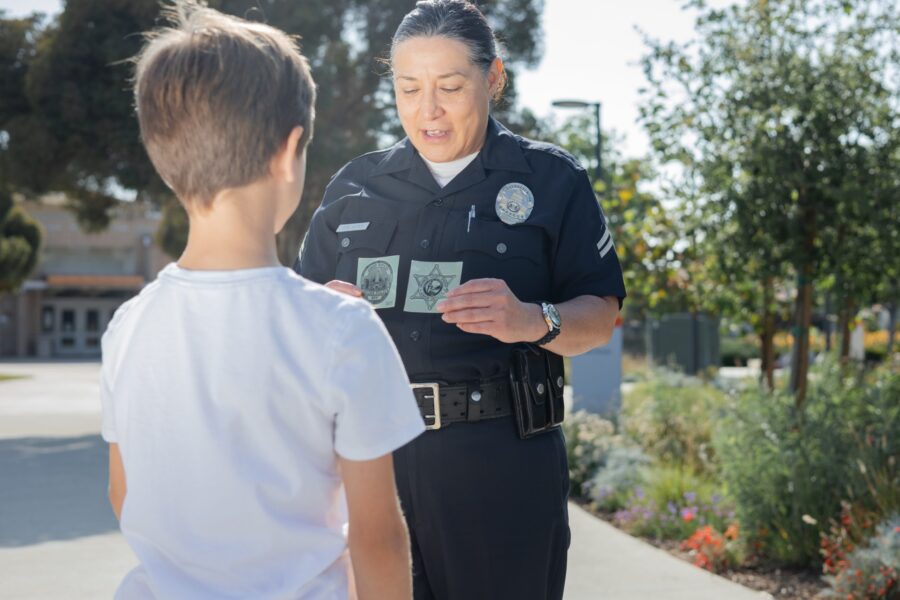
What Happens When CPS Takes a Child in Virginia?
Child Protective Services (CPS) is a government agency that receives and responds to complaints and reports involving child abuse and neglect. A CPS worker can physically remove a child from their home if they suspect neglect or abuse or an imminent risk of neglect or abuse.
CPS must report specific forms of suspected neglect and abuse to local law enforcement and the local attorney for the Commonwealth of Virginia. The agency investigates the report to determine if the child is safe in their living environment.
What’s Involved in a CPS Investigation?
CPS is responsible for identifying, assessing, and providing services to children and families to preserve families, protect children, and prevent mistreatment. When CPS receives a report about child abuse or endangerment, an employee must respond and investigate.
The agency investigates by completing various tasks, such as:
- Review records and complaints of past abuse or neglect allegations
- Talk to the parent or another party accused of abuse or neglect
- Speak with the child about what happened
- Interview anyone acquainted with the child, such as a relative or teacher
- Assess the child’s safety
- Determine the necessary services to prevent further abuse
- Evaluate the environment within the home
- Look for signs of neglect or abuse
CPS has the right to talk to the child and their siblings without parental supervision or permission. Typically, employees investigating claims of abuse must record the interviews electronically. After completing the interview, they should also notify the parent if the interview was performed without prior notice or consent.
The CPS worker can also examine the child to uncover signs of neglect or physical abuse. The worker can take X-rays and pictures of the child for a medical evaluation without the parent’s consent.
Will CPS Take My Child While Investigating the Complaint?
Virginia Code § 63.2-1517 grants a CPS worker or physician the authority to remove a child from home for up to 72 hours while investigating a child abuse or neglect case. They don’t have to ask the parent or guardian for approval if:
- Obtaining an immediate court order isn’t possible
- The child’s circumstances present an imminent danger to their life or health if they stay in the residence or care of the parent, guardian, custodian, or someone else responsible for caring for them
- CPS receives a report of abuse
- The court set up procedures for placing abused or neglected children
- CPS makes every effort to notify the parents or guardians in person after taking the child into custody
- The employee or CPS informs the court and obtains an emergency removal order for the child within 72 hours
Multiple options are available for separating a child and their alleged abuser, such as:
- Removing the abuser – CPS can request the removal of the alleged abuser from the home if two people care for the child. The agency determines the duration and when the parent or guardian can return unless they face a criminal charge for the incident.
- Placing the child with family – Placing a child with a relative might be necessary if the home endangers the child’s health or multiple caretakers are unfit to care for the child. CPS will determine whether family members live nearby and whether they will care for the child during the investigation.
- Placing the child in a foster home – A foster home might be the only option if CPS can’t find a better alternative. The local Department of social services obtains temporary custody of the child. The court will determine when it’s safe for the child to leave foster care and return to their home.
Facing Child Abuse Allegations? Contact Us Today
At Hardt Law, P.L.L.C., we understand how upsetting and stressful it can be when someone accuses you of abusing your child. We have the experience and resources to protect your rights by defending you against the allegations and regain custody of your child.
Call us at (757) 962-5588 for a consultation with a dedicated and skilled Virginia Beach CPS defense lawyer.



